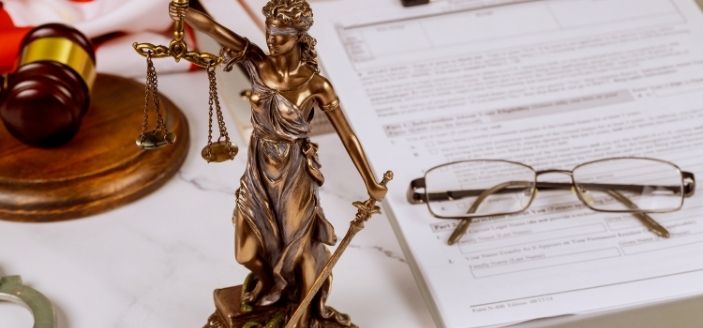02 May Stay of proceedings due to a liquidation application

Stay of proceedings due to a liquidation application
by George Coucounis
“The purpose of the stay is to protect the company’s assets and the rights of its creditors”
THE protection of the rights of the creditors and the assets of a company against which a liquidation application is pending may be a good reason for stay of a lawsuit or other proceedings pending against the company until the issuance of the liquidation order. The application for stay may be filed at any time before the issuance of the liquidation order either by the company or by a creditor or contributor. The requested order aims at staying the proceedings in a lawsuit or other proceedings and preventing their continuation before the District Court or the Supreme Court. The issue is regulated by article 215 of the Companies Law, Cap.113, which gives discretionary power to the Court, to which the application is submitted, as the case may be, to stay or limit the proceedings on such terms as it deems appropriate.
The power to stay the proceedings can be exercised in the interval from the filing of the company liquidation application until the issuance of the order to ensure that all unsecured creditors will receive equal treatment. The intended purpose is the Court, exercising its discretion, to safeguard the assets of the company under liquidation so that to be distributed between its creditors in accordance with article 300 of the Law determining the preferential payment. An additional element to be decided by the Court is whether the plaintiff can be considered a creditor in the sense that he can prove the debt the company owes him.
The above issue was examined by the District Court of Larnaca in a judgment issued on 4.3.2022 in a lawsuit against a defendant company concerning a claim arising from a tort, where an application for stay of the proceedings was filed because a liquidation application was pending. The question was whether the plaintiffs whose claim is disputed by all defendants can be considered creditors in the sense of a creditor who can prove the debt owed to him under the provisions of article 298 of Cap.113. The Court was in agreement with the case-law that this article was worded in the broadest possible way to include claims for damages arising from a tort. The purpose of the provisions of article 215 and 220 is to compel creditors to rush and prove their claim in the liquidation process to ensure a fair distribution of the company’s assets. Therefore, the question to be answered is whether the plaintiffs could prove the debt owed to them in the liquidation process.
In the particular case, the claim of the plaintiffs arising from a tort is disputed, which inevitably implies a dispute regarding the status of the plaintiffs as creditors of the company. The Court concluded that it was obvious that if the plaintiffs did not pursue their action, they might not be able to adequately prove their claim in the liquidation process. It did not find a good reason why the lawsuit should not be continued so that the competent Court can finally decide whether the plaintiffs are creditors of the company. Moreover, as it stated, and this is the most essential, even if a judgment is issued in the lawsuit while a liquidation application is still pending in relation to which the application for stay is connected, the plaintiffs will not be entitled to proceed with the enforcement measures given the provisions of article 217. This article provides that when a company is liquidated by the Court, any seizure in the hands of a third party, sequestration, seizure or execution that begins against the company’s assets or objects after the commencement of the liquidation is invalid. The liquidation according to article 218 is considered to commence from the time of the submission of the application for liquidation.
The Court decided that it did not appear that any of the company’s creditors would be affected by any judgment of the Court against the defendant company. Nor will the order of creditors’ ranking as defined in article 300 be affected. The issuance of a Court judgment does not confer privileges on a creditor. Therefore, there is no evidence of any risk to other creditors or to the company’s assets justifying the issuance of the order and causing further delay in the trial of the lawsuit. On the contrary, due to the time passed from the filing of the action, being a backlog case, the Court considered that it was in the interest of justice the plaintiffs’ claim in the lawsuit to proceed and dismissed the application.